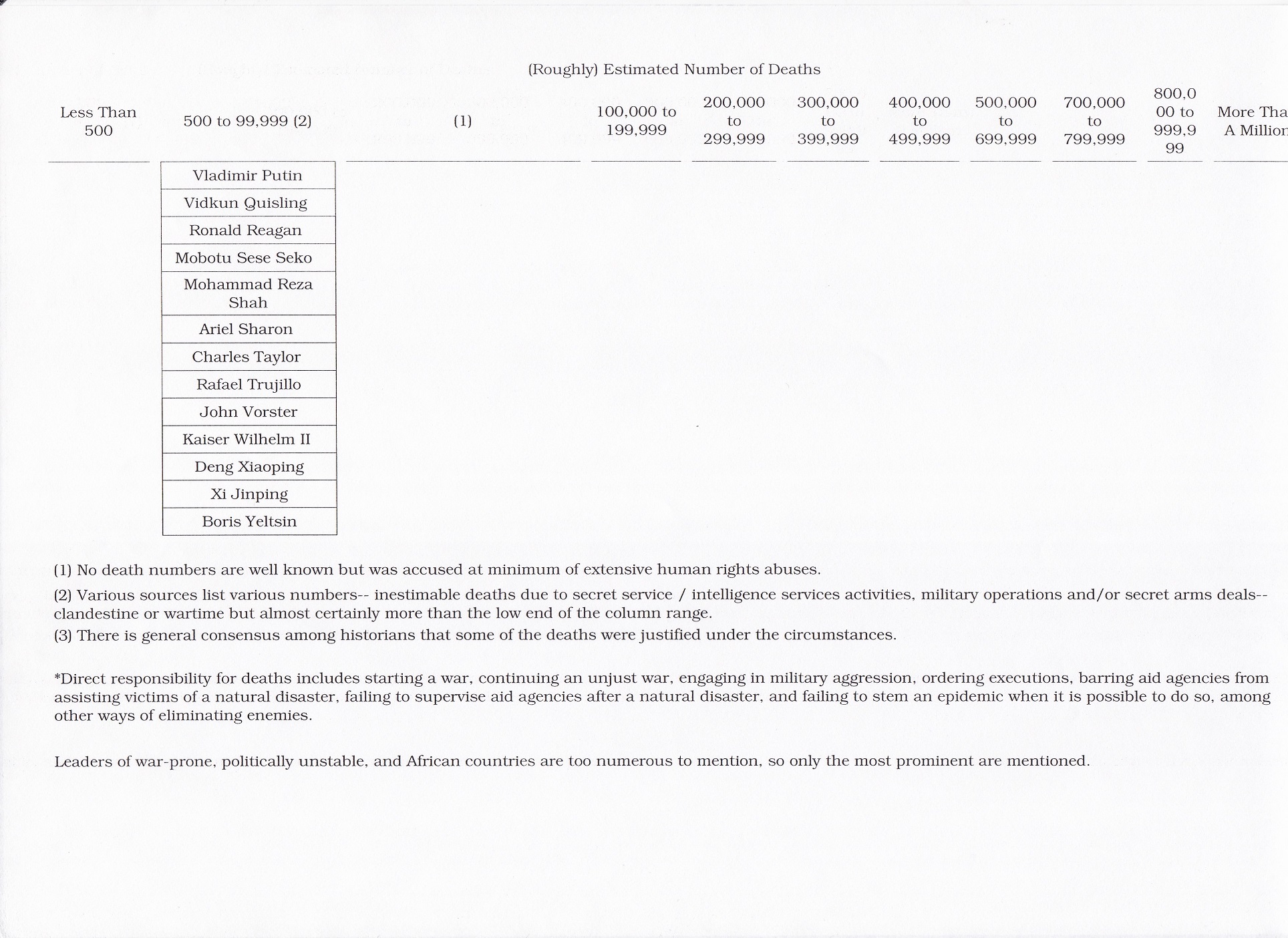The Book of the Week is “Prime Time, The Life of Edward R. Murrow” by Alexander Kendrick, published in 1969. This is a biography of the famous radio and TV journalist whose career started in the 1920’s.
Born in 1908 in North Carolina, Murrow was the youngest of three sons. He was raised as a Quaker. His family moved to Washington state when he was five years old. Murrow’s graduating high school class numbered eleven. Their motto was “Impossible is un-American.” He then attended Washington State College, majoring in “speech” (public speaking). Participating in student government, he got the chance to travel to Europe.
In the 1930’s, news that was reported via radio in the United States consisted of concerts, sporting events, presidential speeches and sensational courtroom trials– simply conveying facts with no analysis; nothing too depressing. Murrow first went on the air in 1937, covering the coronation of King George VI in England. He did “man on the street” interviews.
Then for nine years, Murrow was a producer for CBS radio news in London. His boss, Bill Paley introduced the first radio simulcast from London, Paris, Rome, Berlin and Vienna, via shortwave transmitters accompanied by at least one landline, whose signals were sufficiently strong to reach New York City. Such an innovation obsolesced newspapers because it was live. On the eve of WWII, the new political regime in Berlin practiced censoring of broadcasts from Vienna and Prague. But they were live.
Murrow avoided gathering news stories for CBS from certain kinds of people who would profit from peace at any price, and so they favored appeasement of the Germans. Those greedy individuals included war profiteers. He did, however, put himself in harm’s way because he felt obligated to report directly from the “belly of the beast.” One would think he had a death wish and/or an enormous ego. His employer’s office building was bombed in London while he was on a rooftop across the street. He cheated death many times.
After Germany’s surrender, Murrow reported from Buchenwald and Leipzig. After the war, all radio shows went commercial. The House Un-American Activities Committee (HUAC) began investigating it by subpoenaing scripts of the shows. Murrow became a highly paid radio executive for a year and a half. In the fall of 1947 he made even more money when Campbell’s soup sponsored the interview show he hosted. He took his TV show “See It Now” on location to the Korean war front.
HUAC pressured Murrow to preach hatred for the Soviet Union, or else he would be blacklisted from the broadcasting industry, or worse. Fortunately, he was a sufficiently powerful figure to broadcast what he wanted without getting censored. He was still smeared by the Hearst papers and right-wing leaflet printers.
Murrow had this to say about the interrogations over which freshman Republican Senator Joseph McCarthy presided: “… many of those named by witnesses on camera were never given a chance to reply… the newspapers and magazines… also tended to regard McCarthy’s unsupported charges as proven facts, or at least gave that impression.” He also contended that the senator “… had used sweeping, unsupported statements, hypotheses presented as facts, accusations of lying by witnesses, conversion of a congressional hearing into a trial…” etc., etc., etc. Once again, there’s nothing new under the sun.
Nevertheless, Murrow showed himself to be a hypocrite on more than one occasion in his career. He was a contributor to a sobering Collier’s magazine story published in October 1951, about a hypothetical nuclear war that happened in the summer of 1953. His fictional account covered the part where an atom bomb leveled Moscow. In Paris, he complained via radio about those “…irresponsible magazines in the United States which aid Russian propaganda about American intentions.”
Interesting factoid: At the 1952 presidential conventions, there were twelve hundred each of: casts and crews of news shows and reporters, and political delegates.
Murrow put forth three reasons why the government or journalists lie: “when lying is deemed vital to the national security, or prestige, or face-saving.” As is well known, the use of all three excuses has been abused in meta-lies in past decades; especially those following this book’s writing.
Read the book to learn a wealth of additional information on the power struggles between sponsors and TV-show creators in monitoring show-content due to the tug of war between the profit motive and the role of broadcasting in society as perceived by the creators and regulators; on Murrow’s troubles with the State Department and the FBI; his radio and TV shows; and on how American propaganda is targeted internationally toward specific peoples in specific ways.



